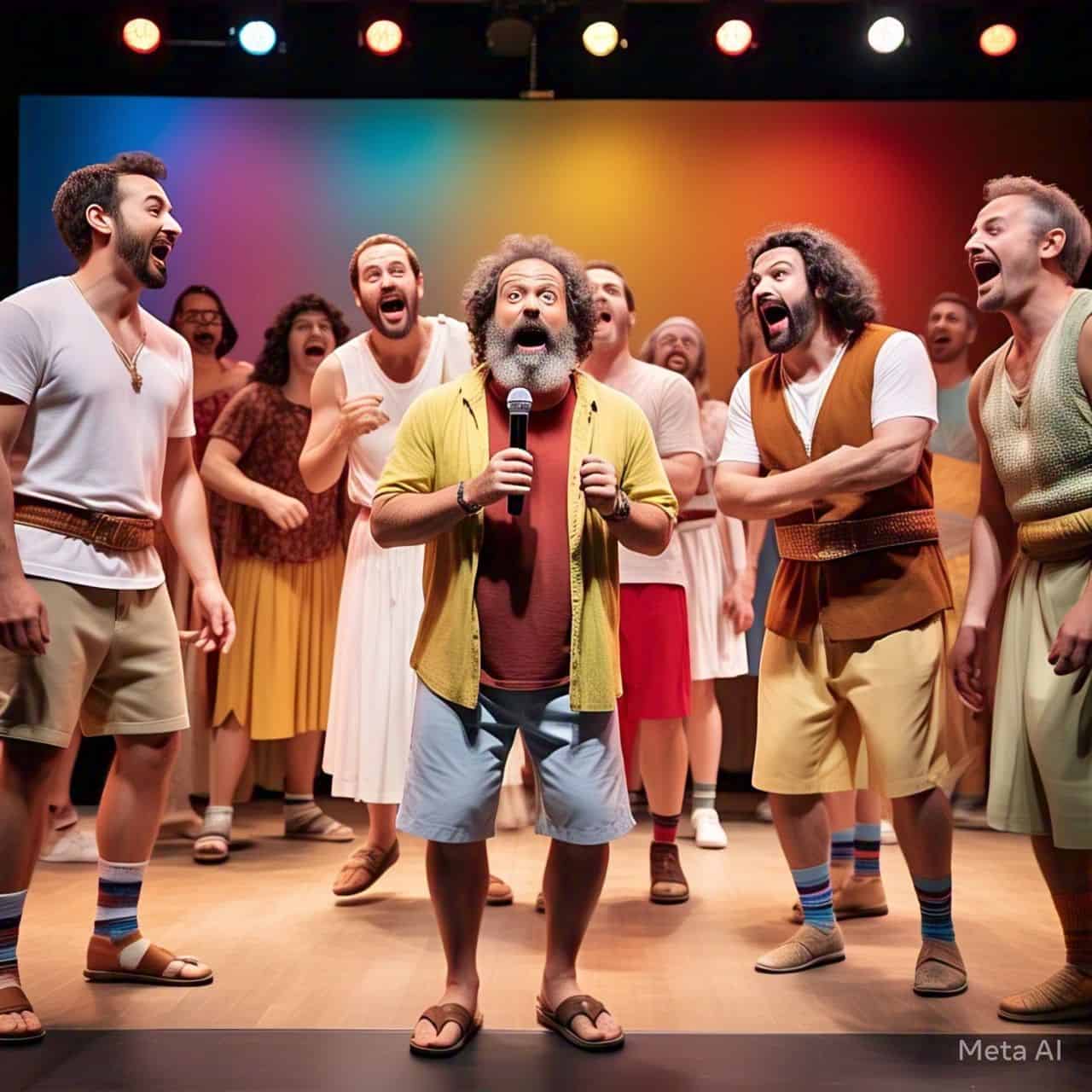

Greek Comedy
Greek comedy was a vital part of ancient Greek drama, performed during festivals such as the Dionysia in Athens. It emerged as a distinct theatrical form in the 5th century BCE and evolved over time, reflecting social, political, and cultural changes. Unlike Greek tragedy, which dealt with serious themes of fate, gods, and human suffering, comedy focused on humor, satire, and the everyday lives of people. It often ridiculed politicians, philosophers, and societal norms, making it an essential tool for social commentary. Greek comedy is generally divided into three phases: Old Comedy, Middle Comedy, and New Comedy, each with unique characteristics.
Greek comedy’s influence extended beyond ancient Greece, shaping Roman theater and later Western comedic traditions. Its themes of satire, humor, and human folly remain relevant, proving the enduring power of laughter in storytelling.
Read More
Plot Construction in Pride and Prejudice
Introduction to Fiction and Non Fiction
Of Death — Francis Bacon (Text)
Of Truth Critical Analysis by Sir Francis Bacon
Of Truth by Francis Bacon Summary
Visit Us on our Facebook Page:
A Detailed Synopsis of Doctor Faustus Below is a detailed synopsis of Doctor Faustus by…
Tradition of Revenge Tragedy in Hamlet Revenge tragedy was one of the most popular genres…
Introduction to Hamlet William Shakespeare is widely regarded as the greatest playwright in English literature,…
Igbo Language and Oral Traditions in Things Fall Apart Chinua Achebe’s Things Fall Apart is…
Tragic Flaw of Okonkwo: A Study in Aristotelian Tragedy In Things Fall Apart, Chinua Achebe…
Origin of English Drama: Mystery Plays, Morality Plays, Early Theatre The origin of English drama…
This website uses cookies.